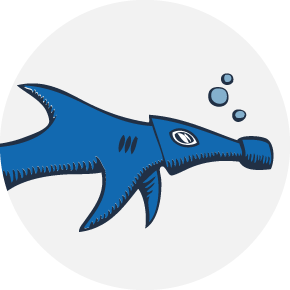Beach cleanup in Fako
Combating Plastic Pollution and Marine Litter West Coastline Cameroon-Africa
Date & hour
Location
Date & hour
Location
Description
• Land-based sources of pollution have a major impact on planetary health and on the oceans, evidenced by the development of a Global Programme of Action for the Protection of the Marine Environment from Land-Based Activities (GPA). Growing populations, increasingly intensive and large-scale agriculture, and booming urbanization mean a growing amount of wastewater discharge into aquatic ecosystems and nutrient runoff to waterways. Together, these lead to eutrophication, toxic algae blooms, greater incidence of water-borne disease, lowered resilience of ecosystems to environmental change, and harm to species, including humans
Global plastic pollution by the Numbers:
• 500 billion plastic bags used each year.
• 13 million tons of plastic leak into the ocean each year.
• 17 million barrels of oil used on plastic production each year.
• 1 million plastic bottles bought every minute.
• 100,000 marine animals killed by plastics each year.
• 100 years for plastic to degrade in the environment
• 90% of bottled water found to contain plastic particles.
• 83% of tap water found to contain plastic particles
• 50% of consumer plastics are single use.
• 10% of all human-generated waste is plastic.
Most of the village communities along the West Coast of Cameroon ( Isobe, Idenau. Bakingli, Ettisah,and Batoke and others ) with a population of more than 5 million people .The Proper waste management infrastructure is lacking in some areas including Toilets and water ,hygiene facilities and sanitation , while in others the challenge involves the general public's awareness of the impact of plastics and litter has on the environment, human health and marine wildlife
Each year, at 1 million tonnes of plastic and other waste products end up in the atlantic oceans. More than 50% of the litter that accumulates on shorelines, the sea surface and the sea floor is made up of plastic, the most common items being cigarette butts, bags, remains of fishing gear, and food and beverage containers.
The consequences are severe: marine litter harms over 600 marine species (15% of which are endangered), it impacts on coastal economies, and can enter the human food chain through fish consumption. In recent times , the proliferation of microbeads and single-use plastics has made the problem even more serious.
The project aims at increasing the global awareness of the need to reduce of plastic pollution ,marine litter.Proper waste management infrastructure is lacking in some areas including Toilets and water ,hygiene facilities and sanitation , while in others the challenge involves the general public's awareness of the impact litter has on the environment, human health and marine wildlife
Location
Share
Combating Plastic Pollution and Marine Litter West Coastline Cameroon-Africa
Date & hour
Fri 11/26/2021 09:30
Fako, Cameroon
